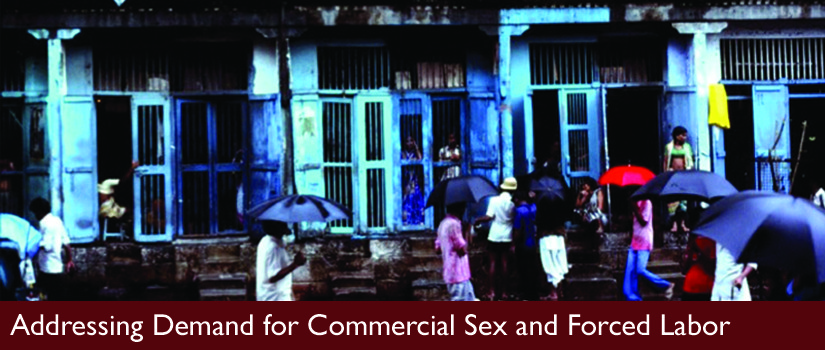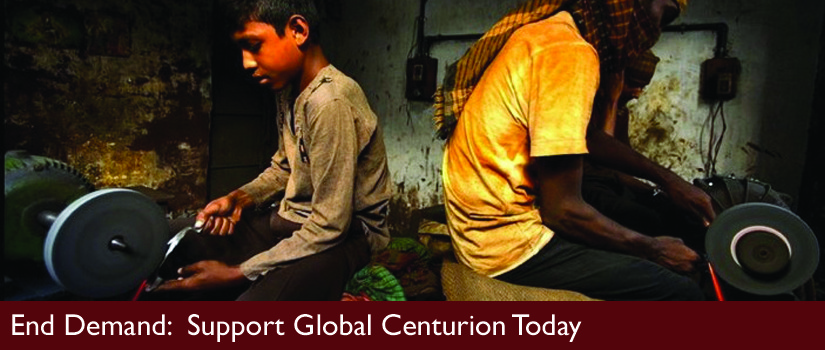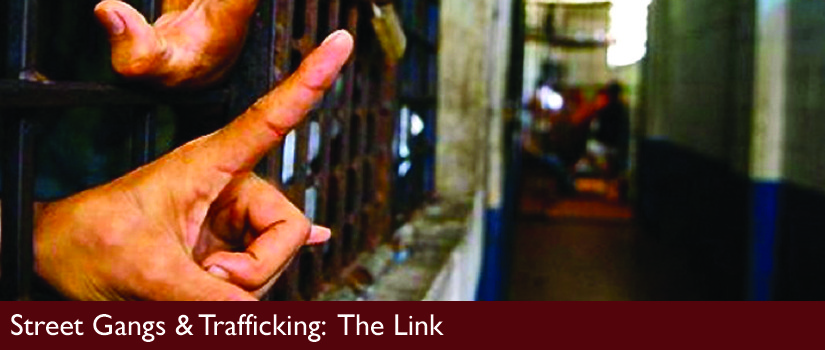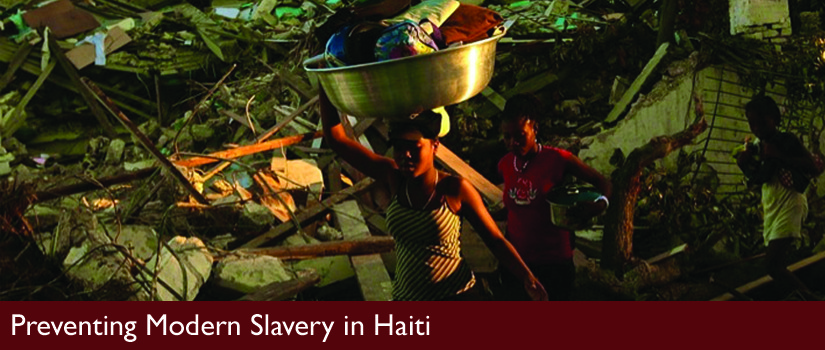Hawaii: New law allows trafficking victims to vacate prostitution convictions
July 22, 2012Comments are closed.
WASHINGTON, DC, July 11, 2012 -Youngbee Dale
Starting this week, sex trafficking victims can remove prostitution related convictions they received during their sexual slavery in Hawaii. Many advocates argue that the law will make re-integration of sex trafficking victims into society much easier. It also makes Hawaii the sixth state with such legislation in the U.S.
SB 2576 allows sex trafficking victims to vacate prostitution convictions from their criminal records by proving they were sexually enslaved. Though the bill faces some criticism, many anti-trafficking advocates applaud Hawaiian lawmakers for passing the bill last month.
Barbara Amaya, an advocate and a survivor of sex trafficking, says many sex trafficking victims arrested for prostitution face challenges when re-integrating into the society. Victims face difficulty finding jobs because of their prostitution conviction on criminal records. And, even if victims find a well-paying job, the conviction record can easily cause them to lose their job when employers find out about their criminal history.
I was a single mom having to support my own daughter all by myself. So, I was very happy to have found a federal government job at the SBA, small business administration. One day my supervisor called me into her office and asked me about the results that came back from my fingerprints, says Barbara.
Barbara initially denied the prostitution conviction that appeared from her fingerprints. She was afraid of losing her job if she told her supervisor the truth. When she finally told the supervisor the truth, Barbara immediately lost her job.
Even though the record was decades old, and it had no affect on my job performance, I still lost my job. Of course, they didnt give me a chance to explain how I received a prostitution conviction as a child
Barbara felt devastated after losing her job. What was worse, she wasnt able to tell anyone about how she abruptly lost her job at a government agency.
I was trafficked as a minor but of course, they never asked me how I received the conviction. I was devastated. No one knew about my past, and I just did not know how to tell people that I lost my job. It was horrible
To help a survivor like Barbara reintegrate into society, Dr. Lederer, former Senior Supervisor in the U.S. State Department and the founder of D.C. based anti-trafficking organization,Global Centurion, says a bill like SB2576 plays an essential role:
Currently, each state needs to pass its own set of laws to address human trafficking. A provision in the law that vacates prostitution or other related convictions for trafficking victims is important because when a trafficking victim is rehabilitated and applies for a job, her arrest record may come up in a background check. This happened to one survivor eight years after she was rescued. She applied for and got a job in a city agency, but her arrest record came to the attention of her boss a week after she had been hired. Even though she attempted to explain what had happened to her: She was trafficked into prostitution when she was 14 and run by a pimp for many years before she was rescued as a young adult. During that time, she was arrested and jailed several times. Her employer fired her and it took more than two years before she was able to find another full time job.
Some critics question how useful a bill like SB2576 would be to many victims on a practical level. They argue that many victims are too afraid of their traffickers to testify against them to prove their victim status. Therefore, a vacating conviction law has no value to victims if it requires them to prove their sex trafficking history by testifying against traffickers.
Still, Dr. Lederer argues that the law has benefited many survivors:
A victims criminal record can be a major impediment in almost every aspect of daily life, whether applying for a job, renting an apartment, or requesting credit. Until very recently, almost every state treated the victims as criminals. When a victim has a criminal record it often blocks educational and employment opportunities, which are crucial to rebuilding their lives.
In New York, a similar law has already proven effective. A Queens County judge applied the law in 2011 to vacate prostitution and drug possession convictions after the victim proved her husband forcibly trafficked her for sex. Removing the stigma of the criminal convictions allowed G.M. to find work and become a part of society without fear of rejection because of her former criminal record.
Dr. Lederer argues that many states have not implemented such laws because of their lack of political will and inability to see the laws importance:
The language is straightforward and Global Centurion has copies of each of the laws from the six states that have passed laws vacating convictions of prostitution for trafficking victims. These laws are a simple matter of fairness and equality. It is important to note that many states and localities have “Johns Schools” which allow men with a first offense prostitution arrest to have their records expunged. It is crucial that we have similar provisions in place for the victims of these crimes.
However, Dr. Lederer stresses efforts for victim assistance must supplement attempts to tackle demand for sex trafficking victims. Though victim assistance programs like SB 2576 is important, complete elimination of trafficking only comes by targeting buyers of sex from women and children. She argues that until the U.S. addresses the demand, efforts to combat trafficking will continue to require creating shelters and services for victims.
This month, Barbara is traveling to New York to testify in hopes of vacating her prostitution conviction. She says she is excited but nervous about revisiting her past. She is well aware that vacating her conviction will not make all of her lifes problems magically disappear. But, if the motion is granted, she will not have to face another employer firing her because of the monstrous crime committed against her as a vulnerable child.





